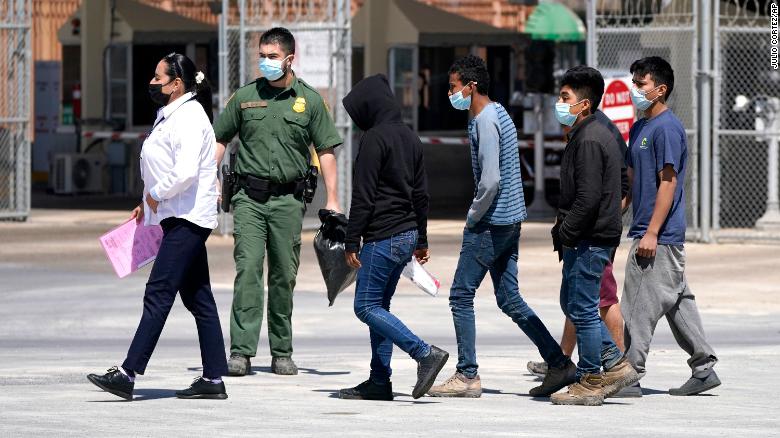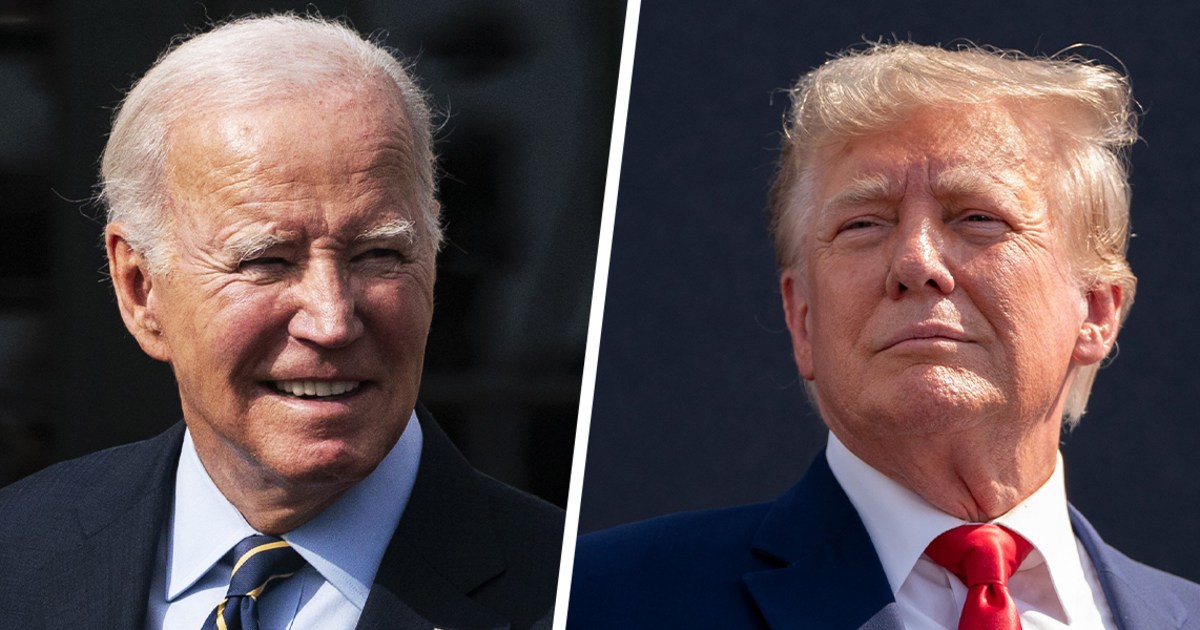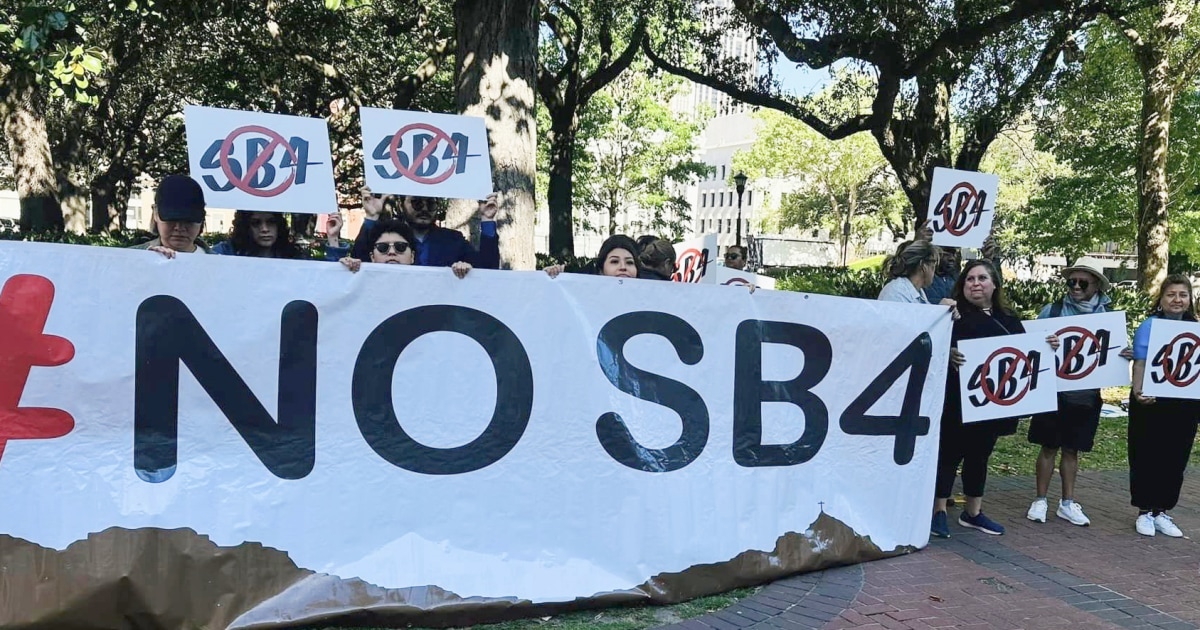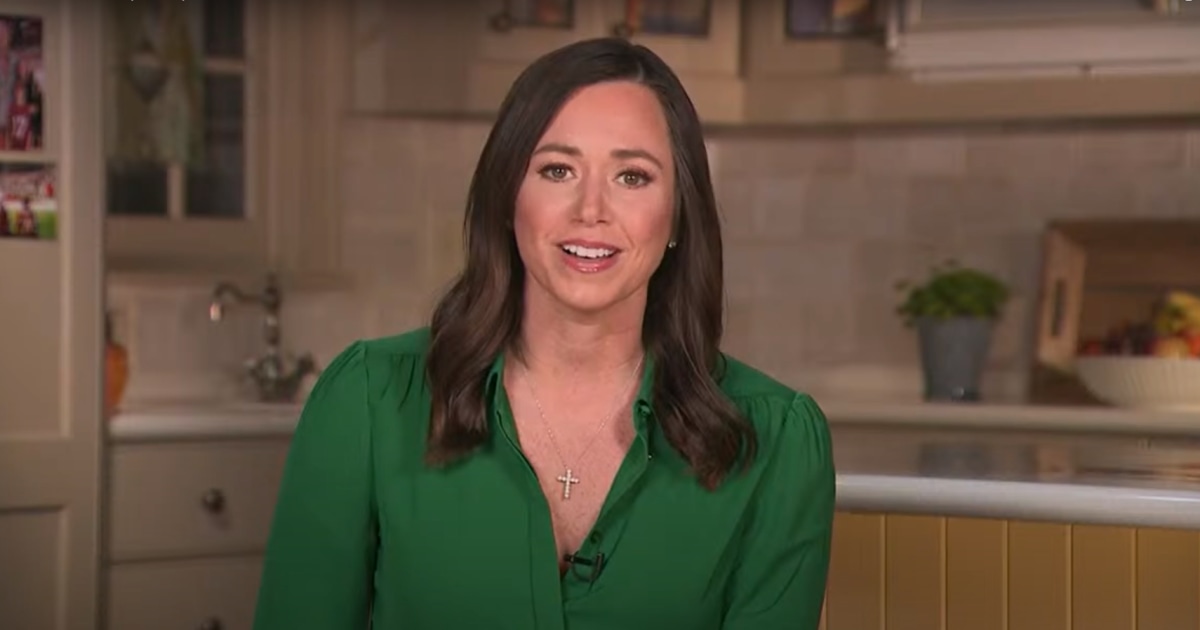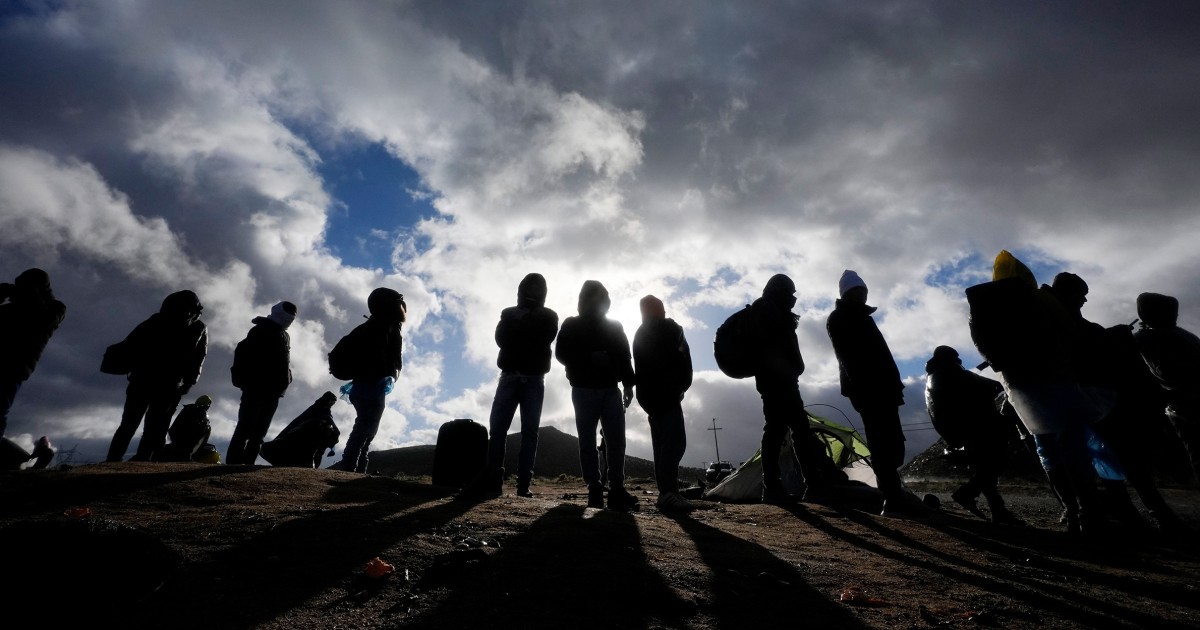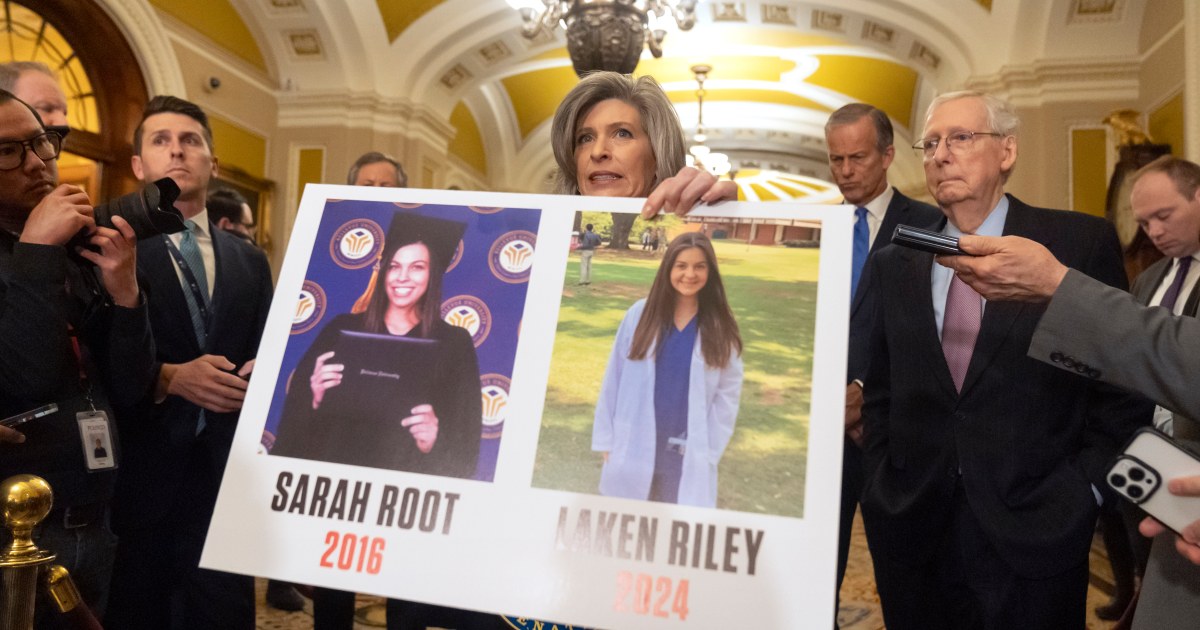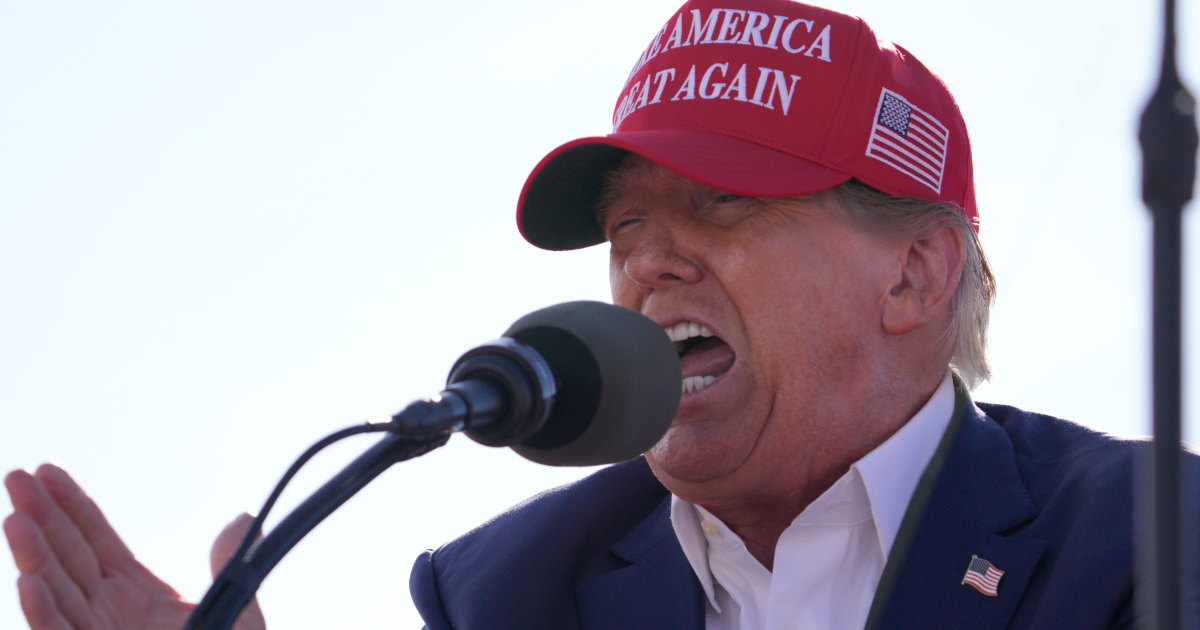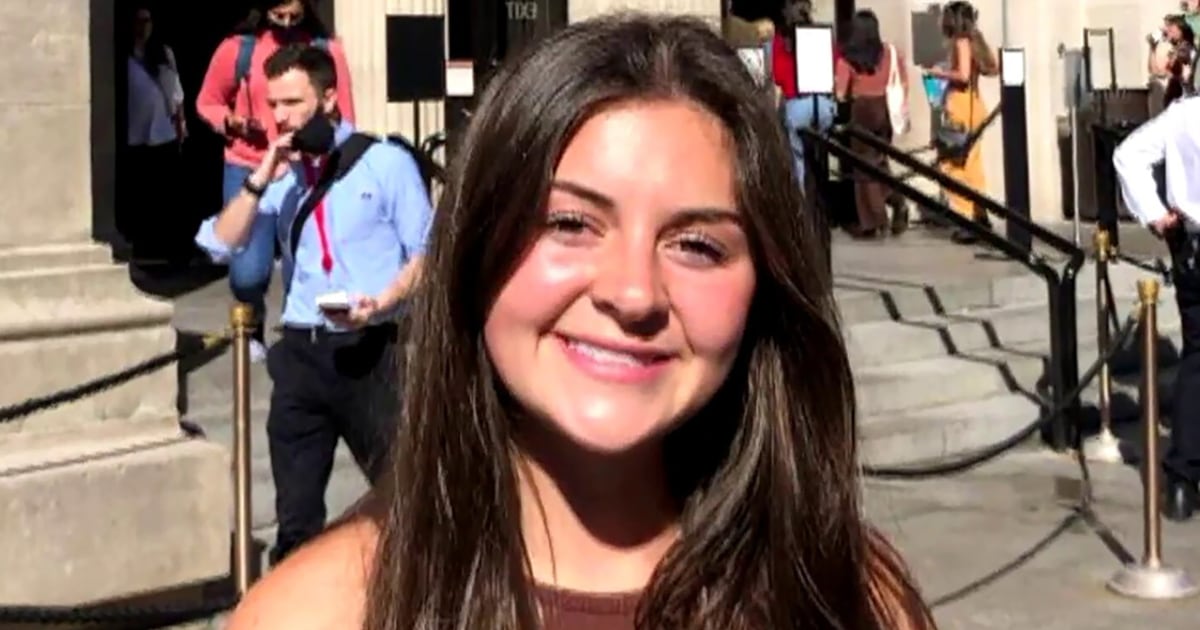Congressman narrates treatment of minors in central US 1:00
Reynosa, Mexico (CNN) -
Carlos Cocoy stands with a group of migrants sheltering under a bridge at the border as the sun warms up.
He and his son have just been deported.
He is already trying to figure out how to cross back into the United States.
"I'm going to try to go back to the United States, because things are more difficult in Guatemala," he says.
"I have five children that I have to support."
Like many of the migrants CNN has spoken to in recent days at the border, Cocoy seems surprised by the way US immigration authorities treated him.
His voice breaks when he describes how quickly he was expelled from the country where he hoped to find work to support his family.
"They didn't let us pass," he says, "and I have to go."
Carlos Cocoy, on the left, says he will try to cross the Rio Grande again. Going back to Guatemala, he says, is not an option.
On the US side of the border, we have seen overcrowded conditions in detention centers and large groups of migrants at bus stations after families were released.
But here, on the Mexican side, the scene is dramatically different.
Stories like Cocoy's, and the confusion over which migrant families can stay in the United States and which ones are evicted, are becoming more common.
advertising
While officials are allowing unaccompanied minors to enter the United States to file their asylum case, and allowing some families deemed vulnerable to cross as well, the Biden administration has said that most adults and families are being expelled under the pandemic public health restrictions that remain in effect along the border.
Some of those sent to Mexico are likely to try to cross again, a factor that could be causing the number of migrants detained at the border to skyrocket.
A few meters from Cocoy, Samuel Antonio Sarmiento says that he is also determined to cross the border with his son and try again.
He says the repeated comments by the Biden administration that now is not the time for migrants to travel to the United States are unconvincing.
More than half of the immigrants who arrived at the border in recent weeks were expelled by health orders from the Trump era
A U.S. Customs and Border Protection agent leads a group of migrants who are deported to Reynosa, Mexico, at the McAllen-Hidalgo International Bridge.
"I had to migrate because I was attacked [...] The problem is that he [President Joe Biden] does not know the situation you are in," says Sarmiento.
"I'd rather die here than go back to Honduras."
Some immigrants deported at the border say they are shocked and heartbroken
Some migrants told CNN that they are in shock and are still trying to figure out their next steps.
Many are angry that their trip to the United States was interrupted, worried that they have nowhere to stay in Mexico, and confused that they thought things had changed since President Donald Trump left the White House.
“They [the US border authorities] treated us very badly.
They didn't even give us the opportunity to speak, ”says Ordelina de León López.
Had she had the opportunity to present her case, De León says she would have told authorities that one of her daughters had been kidnapped in Guatemala and that she fled the country after facing threats.
«The police never helped me and I am a single mother.
I have three children to take care of, "he adds.
«I came here thinking that they were going to give me support.
But we were surprised to find out that they didn't, and they turned us down. '
Belinda de Dios López says she is shaking and has not eaten in the days since her deportation because she does not have money to buy food.
Belinda de Dios López, a deported immigrant, says she is trembling "because I've been here in the sun and I don't have money to buy food."
"I came because Mr. Biden said he was going to give us the opportunity to enter for 100 days," he says.
When informed that Biden actually said he would suspend deportations for 100 days, but had warned would-be immigrants not to come to the United States, he said the president should show more compassion.
"It should be more humane," he says, "because we are all human and we need more humanity."
Carmen Julia sobs, saying that she left Guatemala with her daughter in late February and turned herself in to the Border Patrol as soon as she arrived in the United States because they informed her that it would improve her chances of being allowed to stay in the United States.
Instead, he says he was fingerprinted and he returned to Mexico in less than 12 hours.
"I have nothing at home," he says, "without a home, without a job, without a future."
Some deportees say they are confused that some were allowed to stay in the US.
Honduran Bene Ayala says he, his wife, and their 7-year-old son were detained by Border Patrol agents and immediately returned to Mexico.
But others in a group he was traveling with were allowed to stay, apparently because their children were younger.
"It is unfair.
We can see that 5-year-olds can cross with their parents, and 7-year-olds cannot.
But 7-year-olds are still children, ”he says.
The US Customs and Border Protection Office says it is still operating under the public health order, known as Title 42, which allows for the removal of immigrants crossing the border to prevent the spread of COVID-19.
The agency says migrant parents traveling with children are not exempt from the restrictions, regardless of the child's age.
When asked to clarify how the agency defines who is vulnerable and whether an age limit is used in those determinations, a spokesperson said he could not provide such details.
Biden uses various policies Trump left at border, expert says
The deported migrants gathered under a bridge at the border, but then authorities ordered them to leave.
White House Press Secretary Jen Psaki acknowledged Tuesday that more families are being allowed into the United States.
"It is largely a problem that Mexico does not have the capacity to accept some of these families," he said.
These circumstances are limited.
When they arrive, they are tested, quarantined, as needed.
But it is not a reflection or prediction of a policy change. '
Migrant families allowed to enter the United States face an uncertain journey.
Their cases will go through immigration court and ultimately a judge will decide if they can stay.
But for Ayala and other deported migrant families, the future is even darker.
Like many migrants CNN met at the border, Ayala says she left Honduras after two powerful hurricanes devastated the region last year.
And while they hoped the journey wouldn't be easy, he says, they figured once they crossed the Rio Grande they would have a chance to stay.
"[Hurricane] Eta - plus the pandemic - left us with nothing," he says.
“The situation is as bad as when the storm hit.
There is no improvement.
People have no jobs.
We want to go to work to help there.
For deported migrants, the future is uncertain
Ayala and other deportees wonder what to do.
Mexican authorities recently ordered them to leave the area next to the border bridge and transferred them to a city park, a couple of blocks away.
The groups are gathering in makeshift camps.
Shelters in the area are overwhelmed by the large numbers of arriving migrants and are turning more people away.
A kiosk in Reynosa, Mexico, is packed with migrants after authorities ordered them to move away from a bridge along the border.
Other than a small kiosk, there is little shade to protect these migrants from the scorching sun.
Local churches provide food a couple of times a day.
There are no toilets or additional aids of any kind.
It is not clear what help the Mexican authorities can offer.
Nationally, officials face increasing pressure from the Biden administration to step up immigration enforcement.
Here in this border state, Ricardo Calderón Macías, of the Tamaulipeco Institute for Migrants, says officials are trying to work with migrants to see who would prefer to return to their country and who might be eligible to receive a humanitarian visa to stay in Mexico. for 30 days.
These migrants say that what they fear most is their safety and that time is running out.
Camps along the border in Mexico can be dangerous and aid is in short supply.
Just an hour from here, 16 Guatemalan migrants were killed in a massacre in January that was a devastating reminder of how dangerous this journey can be.
"The fear is that they are going to do something to us," says Ayala.
"We have no one here."
- Gustavo Valdés, from CNN en Español, reported from Reynosa. CNN's Catherine E. Shoichet reported from Arlington, Virginia.
United States Mexico border

